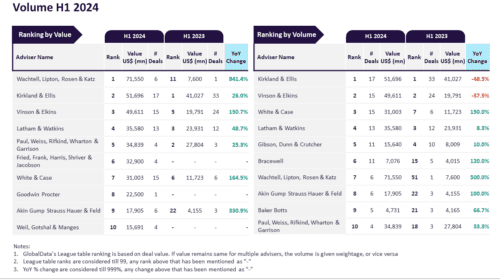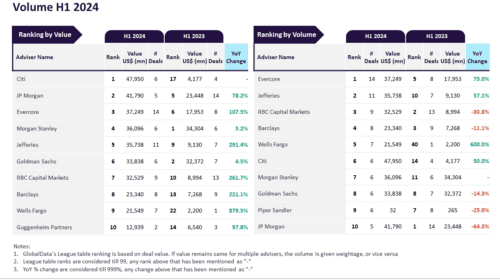Demand for transportation fuel has taken a huge hit on oil refineries since late March 2020 amid COVID-19 lockdowns. Being ill prepared to tackle such sudden demand erosion at such a short notice, these refiners had no choice but to limit production, revisit business portfolios, slash capital expenditure and stall avoidable projects to conserve cash. The short-term to mid-term impact of the crisis may vary from fall in prices coupled with inventory build-up to depressed demand of gasoline. The long-term impact might enable refiners to focus more on petrochemicals that are relatively immune to global economic conditions. Additionally, as demand for cleaner fuels witnesses a spike, it might prompt refiners to invest more in producing more environmental-friendly fuels, says GlobalData, a leading data and analytics company.
Haseeb Ahmed, Oil and Gas Analyst at GlobalData, comments: “Several North American refiners have reduced their capex in response to the economic slowdown and adverse impacts of COVID-19. Petroleos Mexicanos has reduced capex by nearly US$2.4bn, while ExxonMobil Corp slashed consolidated capex by US$10bn in 2020, from the original plan of US$33bn, indicating the magnitude of impact that the current crisis has on the region’s refinery sector.”
A few of the refineries have reduced their operating capacities, while others have decided to suspend operations to navigate through the current crisis. Marathon Petroleum’s Texas City III refinery decreased its crude runs by 75 percent due to a sharp fall in fuel demand amid the COVID-19 outbreak. Whiting refinery, operated by BP, has reduced nearly 15 percent of its 440mbd production capacity. A few other refineries, such as the Toledo II in the US and Come By Chance in Canada, have suspended operations to tackle the devastating impacts caused by the virus.
Oil and gas operations are commonly found in remote locations far from company headquarters. Now, it's possible to monitor pump operations, collate and analyze seismic data, and track employees around the world from almost anywhere. Whether employees are in the office or in the field, the internet and related applications enable a greater multidirectional flow of information – and control – than ever before.











